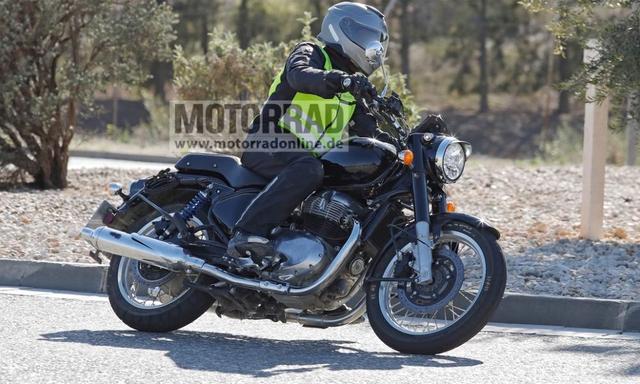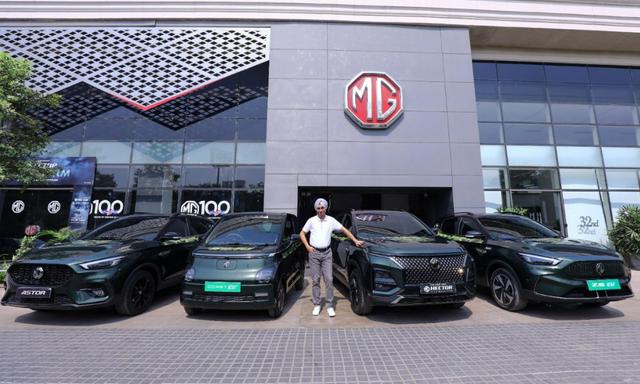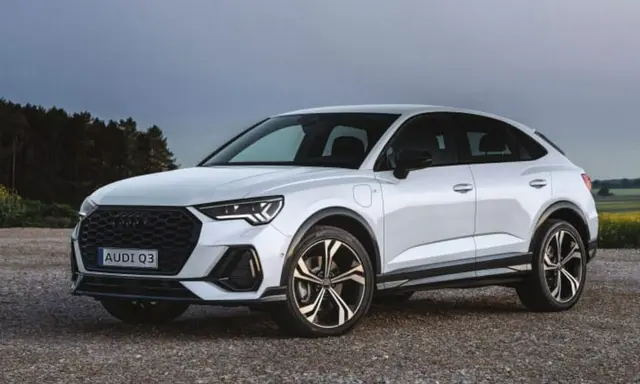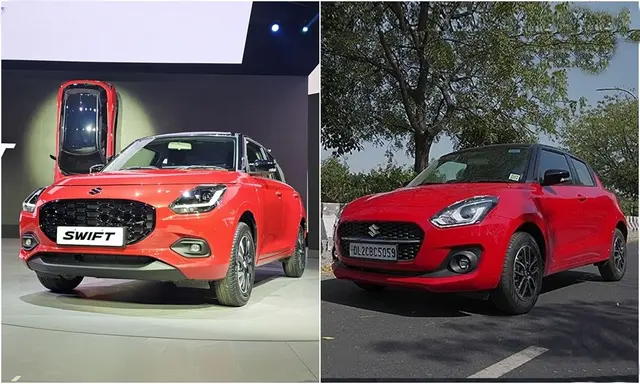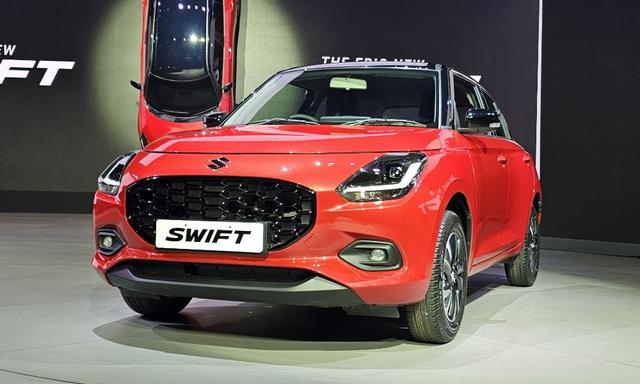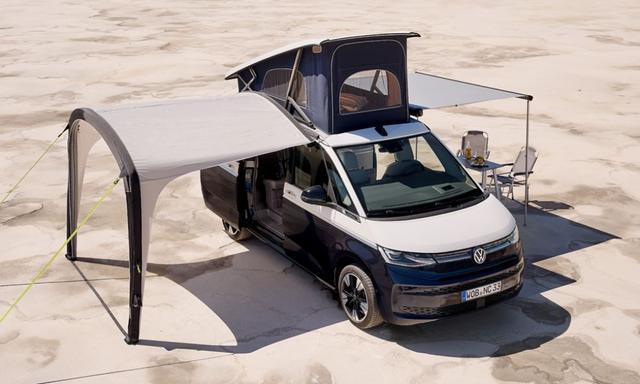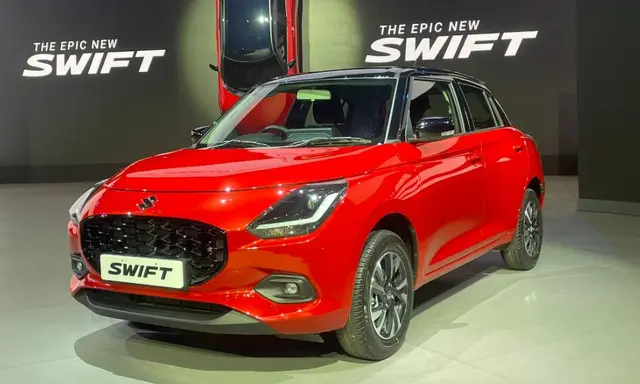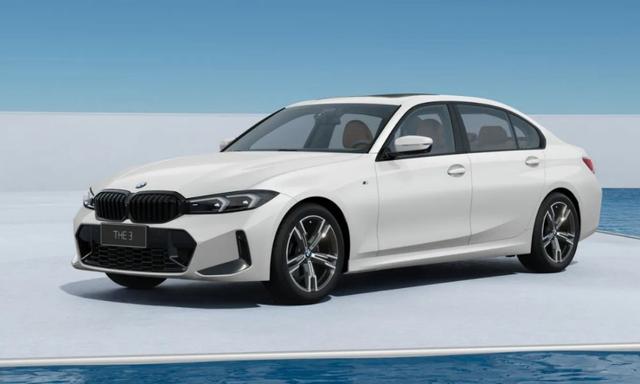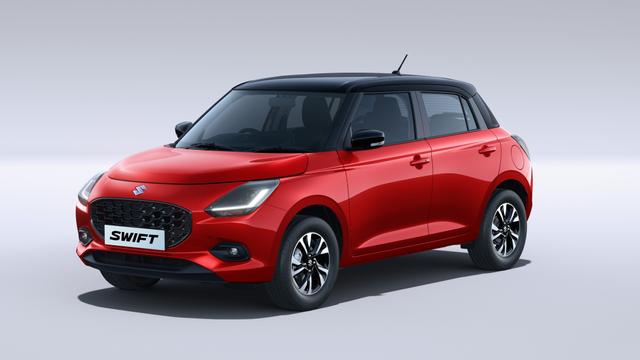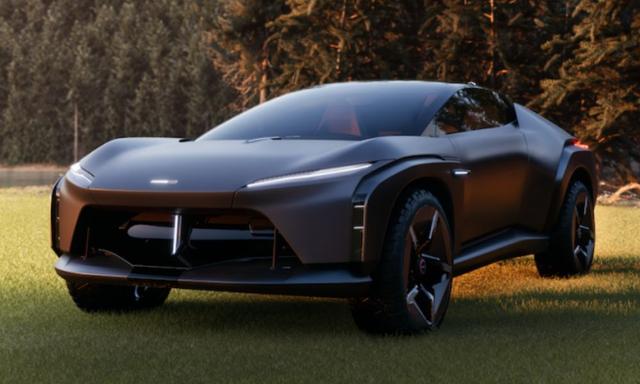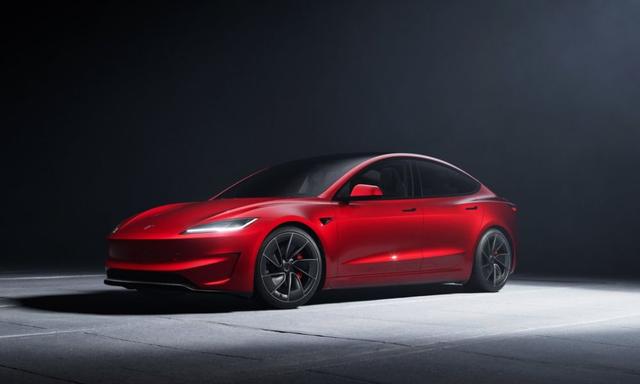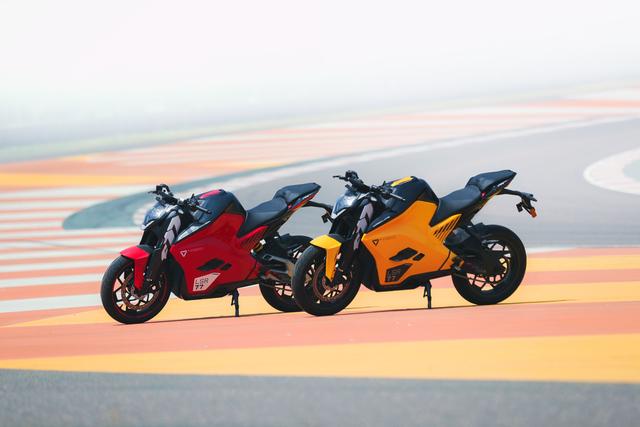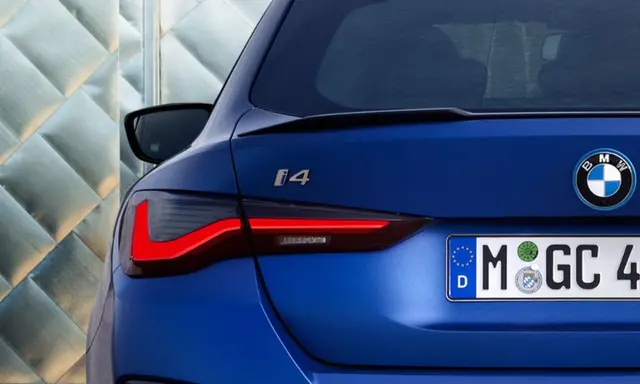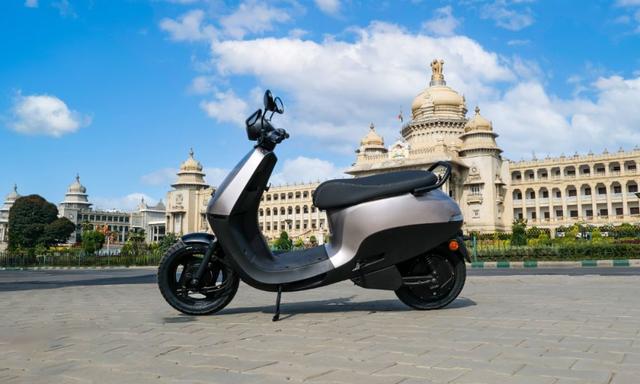Battery Policy: India's EV Industry Reacts To The Government's New Notification
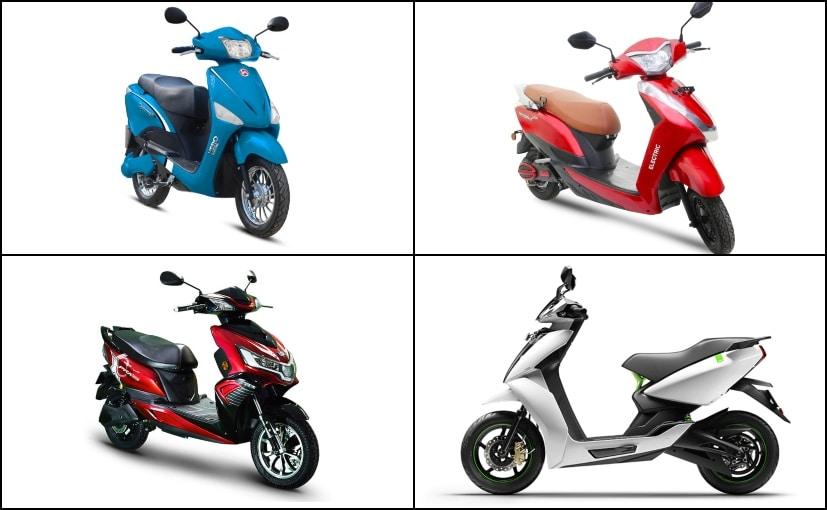
Highlights
- The new policy aims to lower the upfront cost fo an electric vehicle
- OEMs have welcomed the move that will benefit faster adoption of EVs
- The new EV battery policy is limited to two-wheelers & three-wheelers
In a big move to boost the adoption of electric vehicles in the country, the Ministry of Road Transport and Highways (MoRTH) recently issued a notification to all state and union territory transport authorities allowing the sale and registration electric two-wheelers and three-wheelers without batteries. The reason behind the new notification is an attempt to lower the upfront cost of owning an electric vehicle. The battery can be leased or subscribed separately, according to the notification. About 30-40 per cent of an EV's total cost accounts for the battery alone and this move will lower the acquisition cost bringing prices more in line with their ICE-powered counterparts. The Indian electric vehicle industry is seeing this as a positive move towards electric vehicle development and here's what the top EV players in the two-wheeler and three-wheeler space have to say.
Also Read: Electric Vehicles In India Could Be Sold Without Batteries, Says Indian Government

"We need such pioneering policies to work for us in the long run," Naveen Munjal, Hero Electric
Naveen Munjal, Managing Director, Hero Electric, says "The policy is a welcome move. I am excited about the possibilities that exist in making EVs accessible to every individual in the country. All we need is a combination of such pioneering policies for it to work for us as per plan in the long-run will work in the long term. For this to take off and be able to efficiently pass on the benefit to the consumer, we ought to work towards a strong infrastructure that allows EV owners to charge and swapping batteries wherever they require. I look forward to more such positive interventions."

"Tax rebates will help drive the demand better, and reduce the overall cost of acquisition," Jeetender Sharma, Okinawa
Jeetender Sharma, MD and Founder, Okinawa says, "It is a motivation to see the government working towards accelerating adoption of electric mobility. The policy now allows selling electric vehicles without batteries. This widens the scope for manufacturers and buyers both. We are swiftly adopting the much-needed flexibility and comfort in the EV ecosystem. Tax rebates will help drive the demand better. This is also expected to reduce the overall cost of acquisition of the product by saving an amount in the vehicle registration procedure, thus offering affordability. We look forward to more such industry boosting policies."
Also Read: Delhi's EV Policy Aims To Electrify 50% Two-Wheeler Fleet Of Delivery Companies By March 2023

"It will take some time for consumers to understand and adopt this model of ownership, but in the long run it will be a big boost to the Indian EV industry," Taun Mehta, Ather Energy
Tarun Mehta, CEO and co-founder, Ather Energy, says, "MoRTH's new policy is a great move for both customers and OEMs. It lowers the upfront cost that the consumer has to pay and allows OEMs to build superior products at an affordable price point. Ather has been proactively experimenting with different sales and ownership models and the new policy opens up new opportunities in financing options. Based on our learning, it will likely take some time for consumers to understand and adopt this model of ownership, but in the long run it will be a big boost to the Indian EV industry. It will also make it easier for new players to join the industry. With BS-6 increasing petrol scooter prices, we expect consumers to shift to electric scooters, which offer great performance, in the months to come."

Environment-friendly mobility solutions are the need of the hour and this conducive policy will further strengthen the EV ecosystem," Ampere Electric
A company spokesperson for Ampere Electric said, "Government's move to allow the sale & registration of electric vehicles without batteries is encouraging. This will reduce the cost of acquisition of EV especially for two and three-wheelers and allow more and more people to shift from traditional to more sustainable and affordable green mobility solutions for last-mile connectivity. With increased pollution levels due to the rapid rise in vehicles on the road, clean and environment-friendly mobility solutions like EV are the need of the hour and this conducive policy will further strengthen the EV ecosystem."

"The new policy raises questions on performance, safety standards and vehicle warranty that are yet to be resolved," Saurav Kumar, Euler Motors
Delhi-based electric vehicle start-up Euler Motors welcomed the move but also asked pertinent questions. Saurav Kumar, CEO and Founder, Euler Motors said, "This policy can give way to new batteries on lease business models. OEMs can sell the vehicle and give batteries on lease to its customers. This way, the onus of both the vehicle and battery stays with the OEM, ensuring better performance and safety standards. However, in India, since a lot of people prefer to buy vehicles through loans and finance, the customised buying option would not be feasible in a lot of cases. The policy, however, does leave us with some questions. First, vehicle manufacturers need to have more clarity on how this policy affects in availing the FAME II subsidy, as the subsidy currently is based on the capacity of the battery in an EV. Second, the testing of battery and vehicles are done simultaneously. In case a consumer purchases a battery from another company, how does it ensure the safety standards will be met. So if the vehicles and batteries are not tested together, there could be issues with the performance and safety of the vehicles. Third, the warranty on the vehicle. When vehicles and batteries are from different suppliers, is it an issue due to the battery impact the warranty benefits for the customer? As we understand, this is the first phase of the announcement of the policy which will evolve in the coming weeks. We believe more clarity on these questions will allow consumers to make the most of this initiative, which has been designed to benefit the Indian EV ecosystem and accelerate its adoption."
Last Updated on August 15, 2020
Explore More
Latest News
Related Articles



